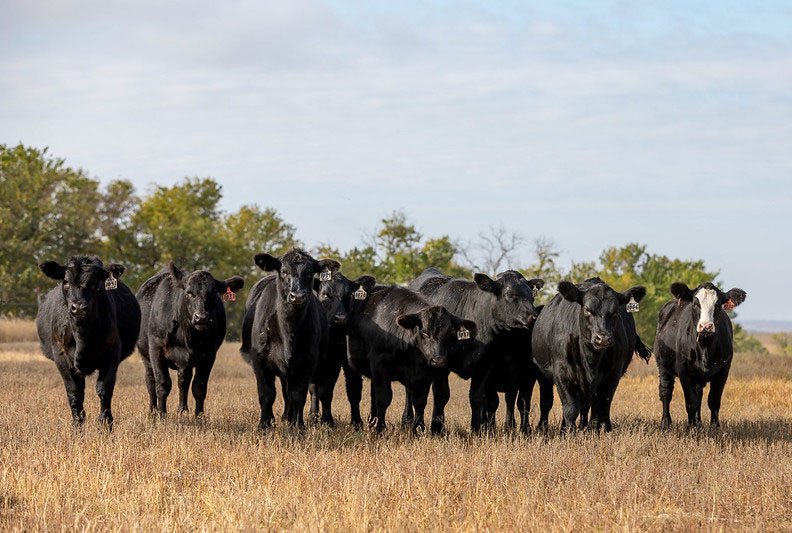MANHATTAN — With the new year, many people work to lose holiday pounds by following a weight loss program that typically involves keeping a daily record of food consumption as a way to help them learn how to develop healthy food habits. In other words, data-driven decision-making.
That is also the concept that the K-State experts at the Beef Cattle Institute encourage producers to follow to guide their herd management system. This was the topic of a recent Cattle Chat podcast.
“It is important for producers to follow a record-keeping system that is appropriate for the complexity of their operation,” said K-State veterinarian Bob Larson.
An electronic system that Larson recommends is one that was developed at K-State called CalfDex.
“This system is an easy way to collect records and then if a producer wants to share some of the information, the app can facilitate the electronic transfer of the records to the buyer of the feeder calves,” Larson said.
Records that Larson places a high value on are tracking dates of calving and weaning as well as the weaning weights and cull cow weights.
K-State beef cattle nutritionist Phillip Lancaster, meanwhile, said there are two levels of data he advises producers to document.
“One is herd-level data that allows producers to track production over time, and the other is recording individual data that can help give information about the calf’s genetic performance,” Lancaster said. “If I am keeping replacement heifers, knowing which cow lines are most productive is good information to help me make that decision.”
K-State veterinarian Brad White agreed, adding: “Having data on subgroups within the herd such as breeds or sire lines helps producers better sort the cattle into management groups.”
Along with cattle performance records, K-State agricultural economist Dustin Pendell said producers also need to closely monitor feed expenses.
“The largest expense for any operation is feed cost, so producers need to know how much they are feeding and the associated costs,” Pendell said. “If you are in a drought situation and need to reduce feed costs, having this data will be helpful in your decision-making.”
To hear the full discussion, listen to the Cattle Chat podcast online or through your preferred streaming platform.





